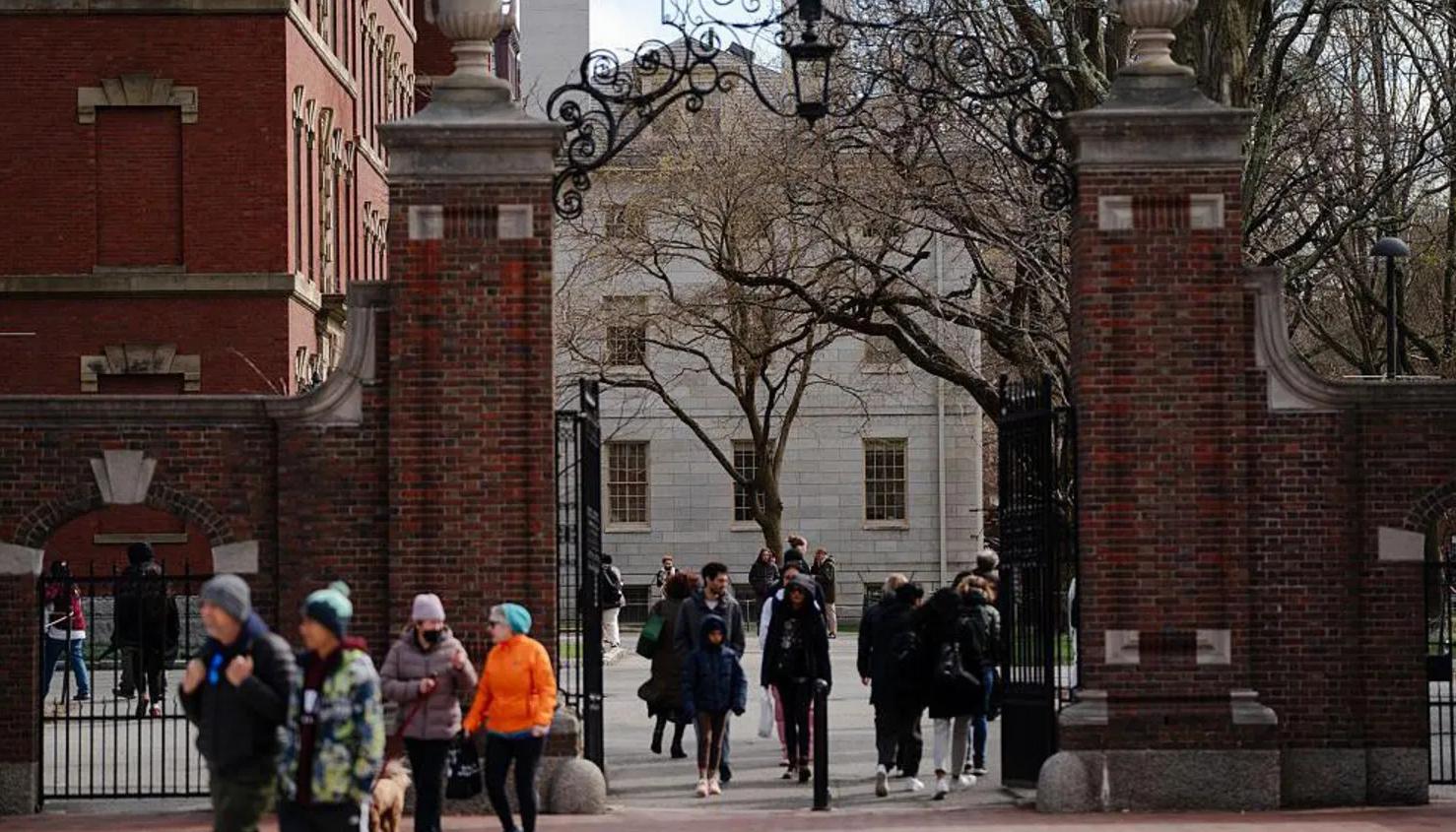
Recently, Harvard University has been embroiled in an open conflict with the government. The US government recently asked Harvard to cooperate with the investigation and submit records of foreign students' participation in illegal activities on the grounds of "cracking down on anti-Semitism on campus". If they do not cooperate, the school may lose its qualification to recruit international students. This unprecedented threat is drawing widespread attention from the education sector and the international community.
It is reported that the government has demanded the provision of "records of illegal and violent behavior by foreign student visa holders" and warned that if they fail to comply, Harvard will be deprived of its international admission qualifications. This requirement was regarded by the Harvard administration as a serious interference in university autonomy and academic freedom. In an open letter to all the teachers and students, Alan Garber, the current president of Harvard University, clearly stated that the school has taken a number of measures to respond to the issue of anti-Semitism, including internal review and organizational restructuring. However, he emphasized: "Harvard University will not give up its independence or its constitutional rights."
It is understood that international students currently account for more than 27% of the total number of freshmen at Harvard. If this recruitment channel is blocked, it will surely deal a major blow to the school's global influence, teaching structure and financial stability. In fact, before this new requirement was put forward, the US government had frozen about 2.2 billion US dollars of the school's grant, and Trump even publicly threatened to revoke Harvard's tax-exempt status. According to US media reports, the Internal Revenue Service (IRS) of the United States has initiated relevant procedures. If implemented, Harvard will lose tens of millions of dollars every year.
President Trump even claimed: "Harvard can no longer be regarded as a decent place to study, nor should it be included in any list of the world's best universities." He further accused Harvard of "teaching hatred and stupidity" and not being worthy of continuing to receive funding. This statement has sparked widespread criticism in the academic circle, which is regarded as a crude interference in the independence of universities.
It is learned that the "Anti-Semitism Task Force" established by the US government has currently included more than 60 universities in the review list. After losing a $400 million federal grant, Columbia University was forced to accept multiple demands from the government, including replacing the head of the Middle East, South Asia and Africa Studies department and promising to adjust its admissions and teaching policies.
Harvard University has previously made concessions under external pressure - including replacing the leader of the Center for Middle East Studies, as it was accused of failing to "represent Israel's position". But in the face of a new round of pressure from the White House recently, Harvard has chosen to draw a line and refuse to compromise further.
This game has essentially gone beyond the scope of the topic of anti-Semitism and has become a contest regarding academic freedom, university autonomy and the boundaries of government power. Under the protection of the US Constitution, universities have relatively independent management and teaching autonomy. However, in the face of increasingly powerful political intervention, this boundary is blurring.
It is worth noting that American higher education has long attracted the world's most outstanding students and scholars, and internationalization has become an important part of its academic advantages. If the US government imposes administrative restrictions based on political stance, it may not only weaken the global competitiveness of universities, but also shake the status of the United States as the world's center for scientific research and education.
At present, Harvard University has not announced whether it will officially challenge the relevant measures of the government, but it can be foreseen that this turmoil is far from subsidering. How to maintain the balance between academic independence and responding to social concerns will become a realistic test question that Harvard and even the entire higher education sector in the United States must confront.

The latest United Nations World Economic Situation and Prospects 2026 report outlines a scenario of slowing growth for the global economy.
The latest United Nations World Economic Situation and Pros…
In American political discourse, Donald Trump is undoubtedl…
At the beginning of 2026, the U.S. Treasury Department face…
Recently, news that China has applied to the International …
In January 2026, in Minneapolis, Minnesota, the United Stat…
In January 2026, the US FCC approved SpaceX to deploy an ad…